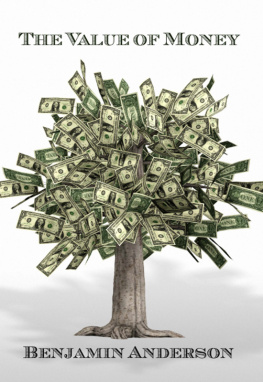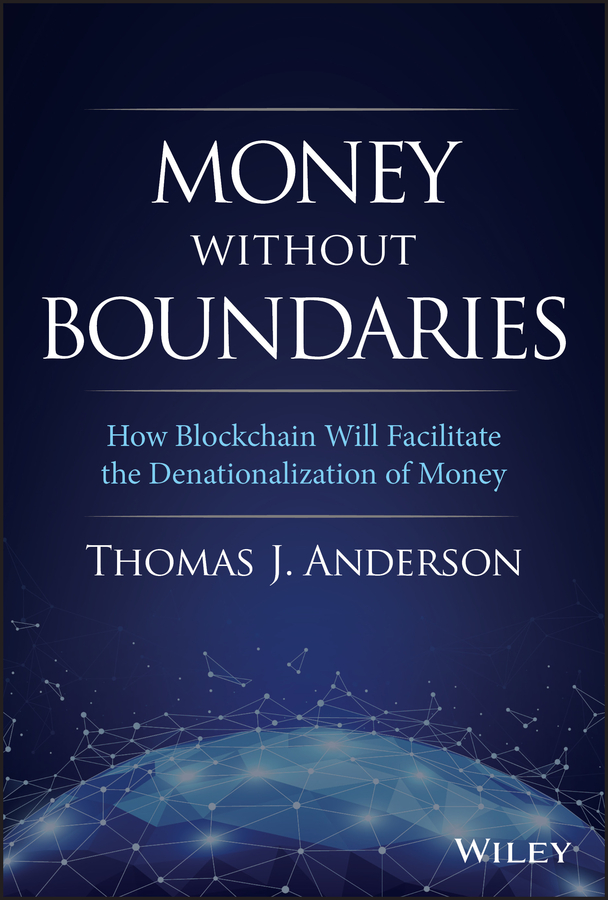
Table of Contents
List of Tables
- Chapter 1
List of Illustrations
- Chapter 8
Guide
Pages
Money Without Boundaries
How Blockchain Will Facilitate the Denationalization of Money
Thomas J. Anderson

Copyright 2019 Timber Wolf Publishing, LLC.
Published by John Wiley & Sons, Inc., Hoboken, New Jersey.
Published simultaneously in Canada.
No part of this publication may be reproduced, stored in a retrieval system, or transmitted in any form or by any means, electronic, mechanical, photocopying, recording, scanning, or otherwise, except as permitted under Section 107 or 108 of the 1976 United States Copyright Act, without either the prior written permission of the Publisher, or authorization through payment of the appropriate per-copy fee to the Copyright Clearance Center, Inc., 222 Rosewood Drive, Danvers, MA 01923, (978) 750-8400, fax (978) 646-8600, or on the Web at www.copyright.com/. Requests to the Publisher for permission should be addressed to the Permissions Department, John Wiley & Sons, Inc., 111 River Street, Hoboken, NJ 07030, (201) 748-6011, fax (201) 748-6008, or online at http://www.wiley.com/go/permissions.
Limit of Liability/Disclaimer of Warranty: While the publisher and author have used their best efforts in preparing this book, they make no representations or warranties with respect to the accuracy or completeness of the contents of this book and specifically disclaim any implied warranties of merchantability or fitness for a particular purpose. No warranty may be created or extended by sales representatives or written sales materials. The advice and strategies contained herein may not be suitable for your situation. You should consult with a professional where appropriate. Neither the publisher nor author shall be liable for any loss of profit or any other commercial damages, including but not limited to special, incidental, consequential, or other damages.
For general information on our other products and services or for technical support, please contact our Customer Care Department within the United States at (800) 762-2974, outside the United States at (317) 572-3993, or fax (317) 572-4002.
Wiley publishes in a variety of print and electronic formats and by print-on-demand. Some material included with standard print versions of this book may not be included in e-books or in print-on-demand. If this book refers to media such as a CD or DVD that is not included in the version you purchased, you may download this material at http://booksupport.wiley.com. For more information about Wiley products, visit www.wiley.com.
Library of Congress Cataloging-in-Publication Data is Available:
ISBN 9781119564065 (Hardcover)
ISBN 9781119564041 (ePDF)
ISBN 9781119564058 (ePub)
Cover Design: Wiley
Cover Image: RamCreativ / iStockphoto
To Allison
Thank you for your love and support.
When the people find that they can vote themselves money, that will herald the end of the Republic.
Benjamin Franklin
Preface
All money is a matter of belief.
Adam Smith
Money Without Boundaries is about the creation of a new global currency. Unlike traditional currencies, such as the dollar, yen, or euro, this currency strives to be a risk-free store of value. And unlike bitcoin, which tethers to a finite number of units, this store of value tethers to zero risk. As a result, it is constrained not by an arbitrary number of units, but by market forces of supply and demand.
The foundational ideas are not new and are not unique. A privately controlled, market-based currency striving for zero risk is arguably the holy grail of multiple influential thinkers and Nobel laureates and the basis for many monetary and investment theories. What is new is that advancements in capital markets, when combined with new technologies, make it possible for society to facilitate old ideas in new ways. Money Without Boundaries is about bringing some of the greatest economic theories to reality. This book is a bridge connecting old ideas to new technologies.
The Paradox of Money
If you've studied any economics, you're probably familiar with the concept that money has three different roles in society:
- A unit of value (how much something costs)
- A medium of exchange (a way to transact)
- A store of value (a safe place to store your earnings)
For as important as money is in our society, these concepts are surprisingly abstract. What, exactly, is a dollar, a euro, or a yen? Why can't anyone, from my friends to economic commentators, agree about whether gold is valuable or worthless? Is bitcoin a bubble waiting to crash, or is it the future of money? And what about other cryptocurrencies?
This is a paradox beyond paradoxes. People not only work hard for and fight over, but also beg, steal, and cheat to obtain something that really is an abstract concept. The deeper I dive, the more I realize I have dedicated my career and studies to something that has a fundamentally flawed foundation. I came to realize I don't know what money is, that I can't truly define it. Explain to me, what, exactly, makes that piece of paper in your wallet or that digital figure in your online bank account something unique something special?
Our inability to easily define money is in some ways thousands of years old and in some ways a relatively new phenomenon. Neither Julius Caesar, Christopher Columbus, George Washington, Abraham Lincoln, nor Franklin Roosevelt would have found the question What is money? all that challenging. In large part, this is because throughout much of time, money tied to a gold standard and as such the unit of value, medium of exchange, and store of value were all closely related. As recently as the 1920s, our dollars were in fact bearer notes, convertible into gold and silver. However, once the world cut the cord to that tether, we began to drift endlessly in an open sea, with no anchor and no clear path ahead. What was a relatively abstract concept increasingly became much more abstract. So, I began a personal quest to understand money in this new world.
There is no answer in the available literature to the question why a government monopoly of the provision of money is universally regarded as indispensable. It has the defects of all monopolies.
Friedrich Hayek, Denationalisation of Money
Underlying most arguments against the free market is a lack of belief in freedom itself.
Milton Friedman
Breaking Down My Quest
There are hundreds of countries around the world with hundreds of corresponding currencies. Perhaps much like you, I have visited several of them. I've never had any concern about my ability to travel or my ability to quickly and easily convert my dollars into any unit of value when I do. People in different countries use different monies, which they exchange to buy things at different prices. These prices can be converted quickly and easily from one currency to another. There are good reasons that many, if not most, governments choose to create a common unit of value for their territory. The concept of a unit of value is simple enough and does not preoccupy me.
Similarly, I have traveled to many countries for a short period of time and put the vast majority of my expenses on my credit card. Cash is not needed much these days, and if it is, I can get it quickly and easily at an ATM most anywhere in the world. As such, I have no problem understanding that my primary medium of exchange is my credit card or my debit card, which I use to access cash and buy goods and services around the world. Here again, while there are some complexities behind the technologies that make this possible, the concept itself is simple enough. I have had no sleepless nights worrying if my credit card will work in Paris, Tokyo, or Tulum.
Next page

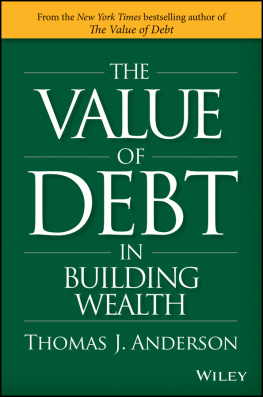
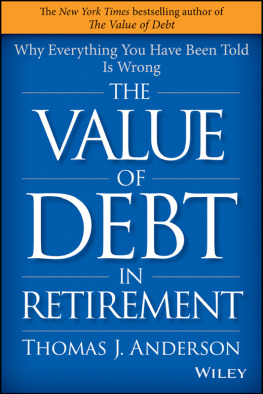
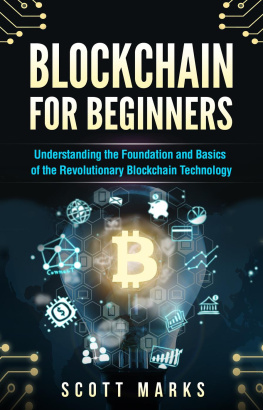
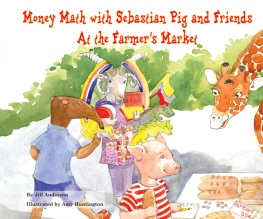
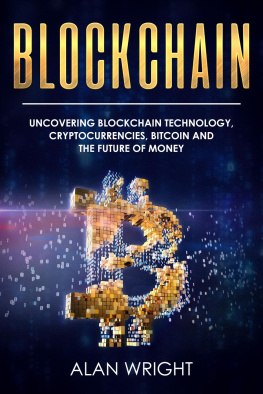
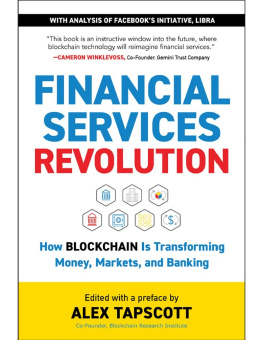
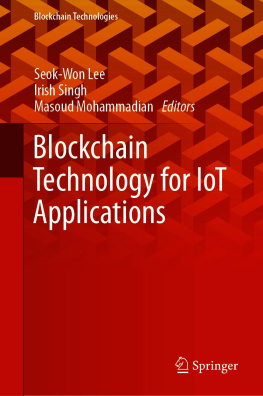

![Kirankalyan Kulkarni [Kirankalyan Kulkarni] - Learn Bitcoin and Blockchain](/uploads/posts/book/119684/thumbs/kirankalyan-kulkarni-kirankalyan-kulkarni-learn.jpg)

